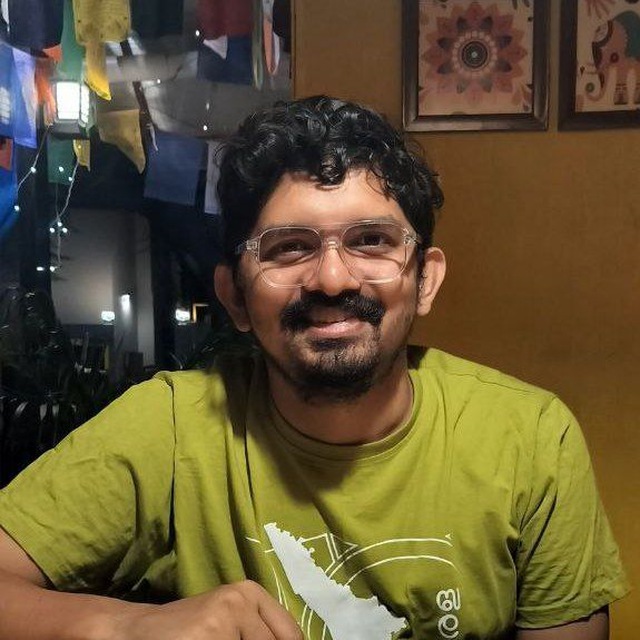When you apply skepticism and care in equal amounts, you get bliss.
Hey,
My name is Akshay S Dinesh. I’m a generalist straddling public health and technology. Most of my posts about technology are in a separate blog. In this blog, I write my observations about society, reflect on my life, cook up philosophies, and occasionally review books or document my travels. I’m in the process of tagging these posts and linking to them for easy navigation.
